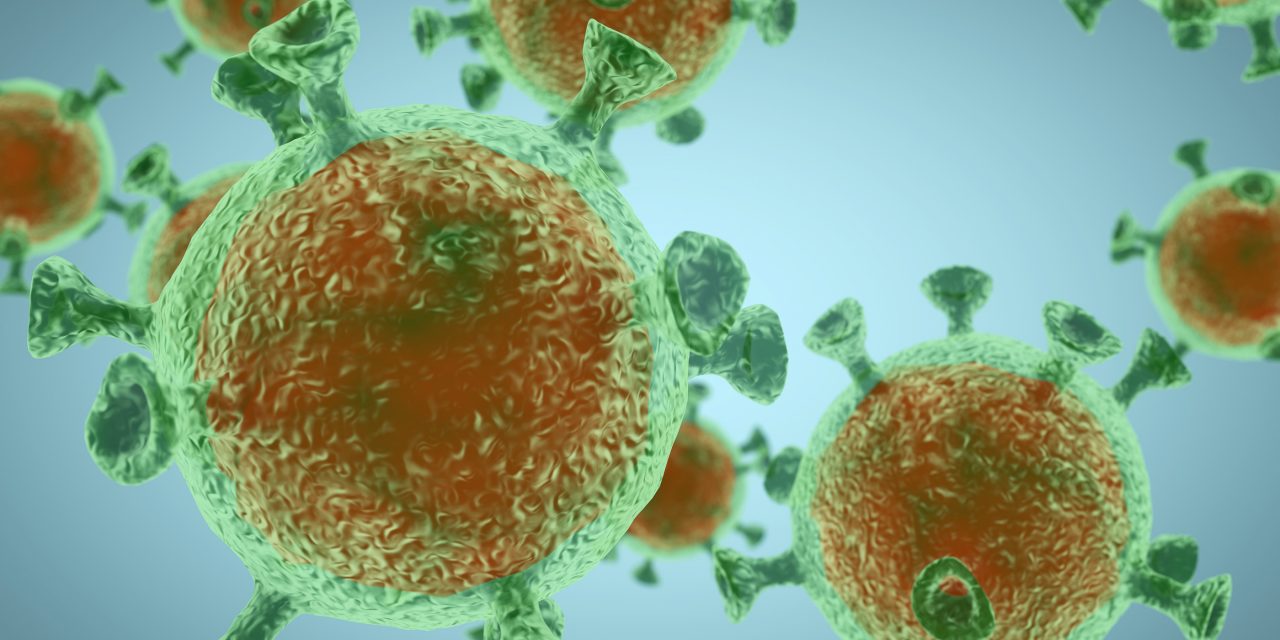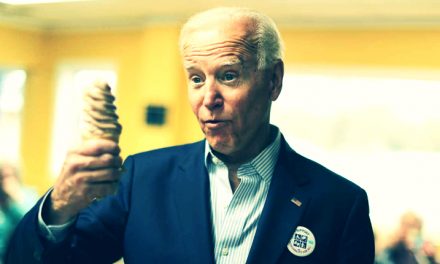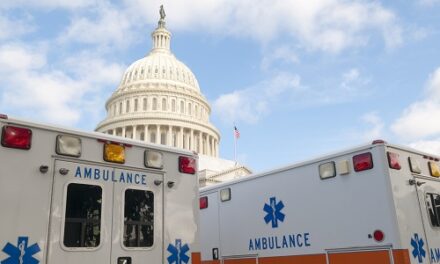Like most people, I’m naturally curious about the origins of the COVID-19 virus. I would like to know if it made the leap from animals to human beings in a natural way or if it was the result of work that was being done on viruses at the Wuhan virology institute in China. If the latter, I’d like to know if it was an accident or, as inexplicable as it might seem, an intentional act. This has been a subject of intense interest for the whole world and it has been investigated by both the World Health Organization and American intelligence services.
Unfortunately, it has been impossible to get a consensus on this question.
The Wall Street Journal reports the U.S. Department of Energy has revised it’s assessment. They now believe that it’s more likely than not that the virus leaked out of the Wuhan lab. They’ve made this revision based on “new intelligence,” but they also graded their conclusion as “low confidence.” Previously, the Energy Department was “undecided,” so this is a significant change, and it’s alarming. But before you get swept up in breathless news reports or start demanding some kind of government action against China, it’s important to understand a fuller context.
A declassified intelligence report released in November 2021 previously revealed that the FBI concluded with “moderate confidence” that the pandemic began with a “laboratory accident” following a 90-day review ordered by President Biden.
The FBI still holds this view, according to the report, while four other agencies and the National Intelligence Council assess with “low confidence” the pandemic was likely caused by natural transmission from an infected animal. Two other agencies, including the CIA, are undecided.
Whether we’re talking about “moderate confidence” or “low confidence,” we’re not seeing anything that amounts to proof beyond a reasonable doubt. When it comes specifically to the Energy Department, they’ve revised their view but they’re still more ambivalent on the matter than the FBI.
Now, I have no expertise on this matter and I certainly have no access to classified information, so there’s simply no way I can take an informed position on it. What I note is that reasonable people cannot agree, and what seems consistent is that no organization that has investigated is willing to express strong confidence in its conclusions.
This is frustrating. Millions of people have died, hundreds of millions more have been sickened, all of our lives have been disrupted, and it would be nice to know if China is culpable for this, and if so to understand the nature of their culpability. Unfortunately, these are not easy questions to answer, and the “low confidence” revision by the Energy Department simply highlights this point.
If we ever do get close to proof beyond a reasonable doubt, I’m not sure how we should react. In some ways, we should be behaving as though it were a lab leak simply because knowing that it’s a real possibility, we want to do whatever we can to ensure that our own labs are not susceptible to a similar catastrophic outcome, whether through accident or an intentional act.
Assuming a lab leak, and assuming it was inadvertent, it would be nice if China admitted as much and offered to make some kind of reparations. Absent that, we’d have to be very certain before an official response was warranted, and I don’t really know what an appropriate response might be.
Only in the case of a deliberate act would I think that the world would be justified in taking action against China that goes beyond seeking some kind of redress. And that’s the main reason why my curiosity on the matter only goes so far. It’s worth noting that it’s uncontroversial that the virus began to spread widely in China, and that the main competing theory is that it originated in a food market in Wuhan where wild game was bought and sold. If that is the true explanation, it still implicates China because they allowed these markets to operate without sufficient oversight and regulation.
The fact that either explanation is plausible already tells us that we need to act to prevent future viral outbreaks from either scenario.
I am no fan of the Chinese Communist Party that rules China, but I don’t have a political axe to grind against them. I do blame them for the COVID-19 outbreak, but I can’t determine if it is primarily a matter of negligence, malice, or bad luck. I could give you a gut feeling, but we shouldn’t determine state-to-state relationships on gut feelings. I’m certainly not going to push one scenario over another based on my preference. I guess my preference is that it was a freak accident and they just don’t want to be honest about it. It’s also possible, if not necessarily likely, that they’re just as incapable of making a firm conclusion as everyone else.
So, I think it’s notable that new intelligence led the Department of Energy to revise their view more toward a lab leak, but it ultimately doesn’t change anything.







